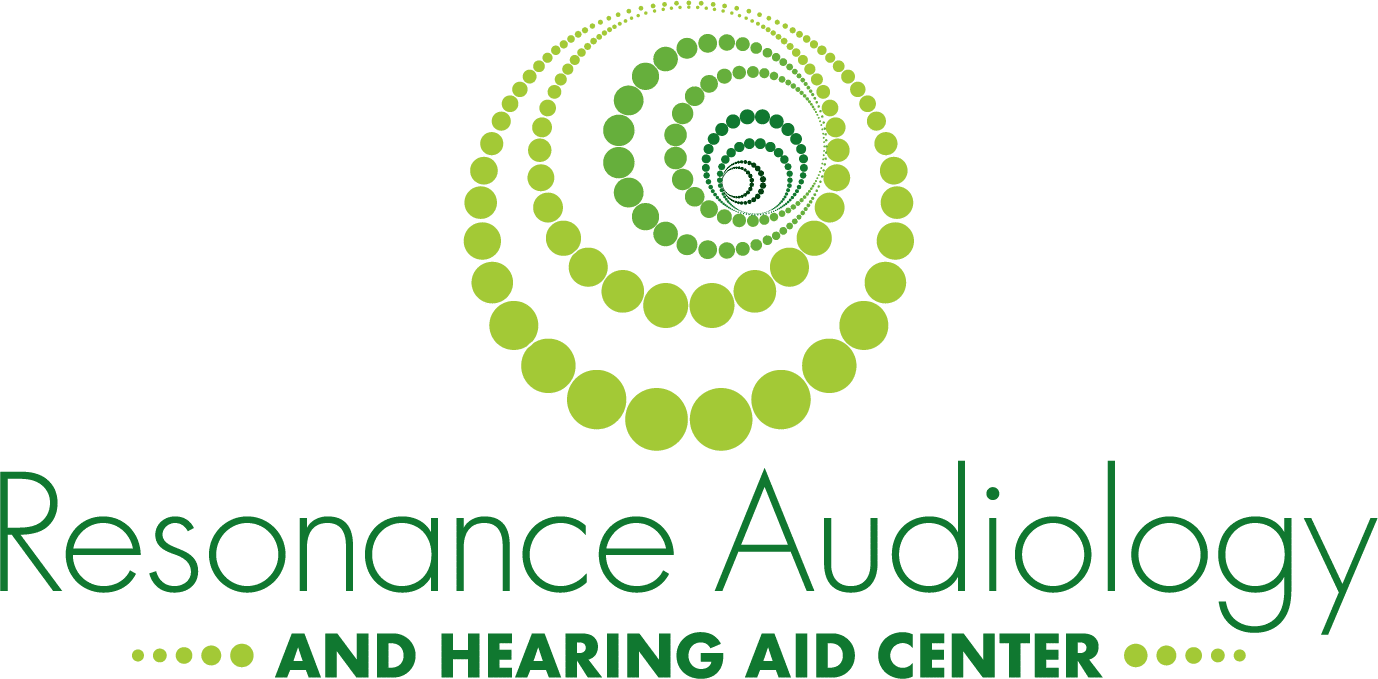Hearing Loss Protection at Work
More often than not, hearing loss occurs slowly over time and is mostly caused by one’s career or lifestyle. Constant exposure to loud noises, such as every day at work for 30 to 40 years, can negatively affect your hearing.
So what occupations are most at risk for hearing loss, and how can these workers protect their hearing?

Airport Workers
Those who work outside at airports are constantly exposed to loud noises due to the aircraft. A jet can reach up to 140 decibels!
Hearing protection is essential for anyone working on or near planes. This includes maintenance crews like mechanics and fuelers or ground control such as baggage handlers and marshallers. Wearing ear protection on the tarmac helps staff avoid developing any noise-induced hearing loss.
Construction Workers
It’s no secret that construction sites can get extremely noisy. However, if you think they’re loud from afar, imagine being on the site. Most of the machines used on a site go over 85 decibels, and jackhammers alone usually go up to 130 decibels.
No matter the task at hand, if there are power tools or machines involved, hearing protection should also be provided. Depending on the job, workers may need a combination of protective hearing devices to best protect themselves.
Factory Workers
Anyone who works with or near the machinery in the manufacturing area of a factory needs to wear protective hearing devices no matter what. It is not mandatory for those who work in the packaging or administrative areas of the factory, but if they get anywhere near close to the machinery, hearing protection is a must.
Event Staff
Whether they work at concerts, sporting events, music festivals, nightclubs, etc., members of an event staff need hearing protection. The cheering of a crowd or singing of concert-goers can reach over 100 decibels, while the music and chatter at nightclubs can reach up to 115 decibels.
Attending these events as a guest is one thing, but the staff is exposed to these events almost every day. Events can go on for hours, and constant exposure to these noise levels without any protection could do serious damage.
Musicians
Depending on the venue, most musicians need protective hearing devices while performing. The speakers at larger venues can reach extremely high decibels, putting musicians at risk of damaging their ears if they do not plan accordingly. However, musicians’ hearing protection tends to be more complicated than other professions, as they still need to hear what they’re playing and engage with the crowd.
Now that we’ve covered a few occupations that require hearing protection, what are the best kinds to use?
Earplugs
Earplugs are inserted in the ear canal to protect the ears from water, wind, dust, and loud noises. In order to work correctly, they must block the air canal with an airtight seal. If they do not fit correctly or stay in place, they won’t be as effective at protecting your ears from damage.
Earmuffs
While there are a few different styles when it comes to earmuffs, they all work the same way and serve the same purpose: to protect ears from noise and cold temperatures.
Earmuffs consist of two fabric coverings connected by a band that goes over your head. They fit over the entire ear and form an airtight seal that blocks loud noises. If they are placed on your ears over glasses or hair, they won’t be able to seal or protect your ears correctly.
Pro tip: for environments that reach over 105 decibels, ear plugs and earmuffs can be worn together to create an additional 10-15 decibels of hearing protection.
Headphones
If earplugs or earmuffs do not work or are not easily accessible, noise-canceling headphones are another viable option. They might not be able to eliminate sound as well as the other options, but they can help block background noise overall and protect hearing.
At Resonance Audiology, we want to make sure you have the ultimate hearing experience. We understand that no one product will fit all ears the same, so we offer custom ear molds and fitted hearing protection. By customizing these devices, we ensure that they fit your ears correctly, don’t fall out, and protect your ears the way you want them to.
Protect your hearing not only at work, but all the time! We’re here to provide you with the best possible hearing care we can based on your needs. Contact us today to get started!
